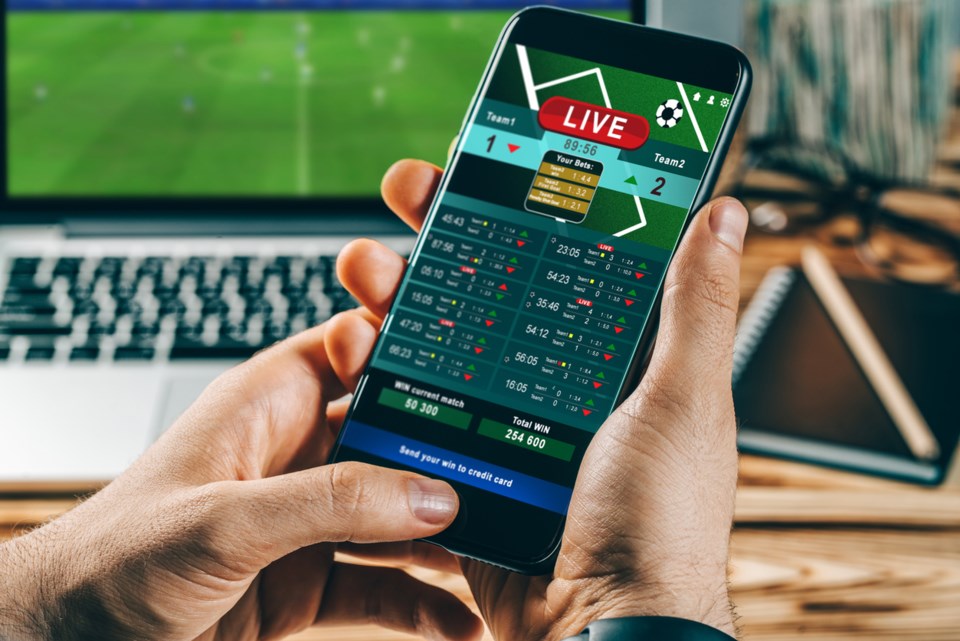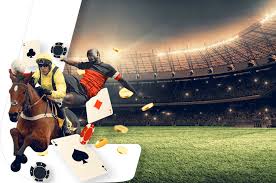
The more you play, the better you get: Unveiling the Secrets of Game Mastery
The more you play, the more skills you acquire. As any seasoned gamer knows, practice is essential in refining one’s abilities. Whether you’re navigating complex puzzle games, engaging in fast-paced shooters, or embarking on epic quests in role-playing games, the essence remains the same: the more you play, the better you become. This philosophy underlies the mechanics of learning and mastery in gaming, which we will delve into throughout this article. To further explore engaging gaming content, check out The more you play, the bet-andreas-in.com/hi.
The Psychology of Practice
At the core of improving in any game lies a psychological foundation known as the “10,000-Hour Rule,” popularized by Malcolm Gladwell in his book, “Outliers.” This principle posits that it takes roughly 10,000 hours of dedicated practice to achieve mastery in any skill. While this rule has been debated, it emphasizes an important point: time spent playing a game profoundly influences skill levels. In gaming, effective practice involves not just repetition but also a conscious effort to learn from mistakes and adapt strategies.
Game Mechanics and Learning Curves
Each game has its unique mechanics and learning curves. Casual games may offer immediate gratification, whereas complex strategy games might require significant investment before seeing growth in skill. Understanding the mechanics of the game you are playing can guide your practice. For example, in competitive online games, knowing when to engage and when to retreat can significantly influence victory rates. As you become familiar with these mechanics, your decisions in the game become quicker and more instinctive.

Building Muscle Memory
Muscle memory plays a crucial role in gaming. This concept refers to the process by which our brain encodes physical movements through repetition. For instance, in first-person shooters, mastering the controls for aiming, shooting, and moving often leads to quicker reaction times. The repetitive action of playing not only creates muscle memory but also helps players internalize strategies and game dynamics, allowing for seamless execution during gameplay.
Community and Social Interaction
The gaming community is a rich tapestry of interactions that can significantly influence your development as a player. Engaging with fellow gamers through multiplayer sessions or forums can expose you to different playing styles, strategies, and tips. Moreover, observing experienced players and discussing strategies can accelerate your learning process. The more you participate in this community, the more knowledge you gain, which can be applied to enhance your gameplay.
Setting Goals and Tracking Progress
Intentional practice is vital for improvement. By setting specific, measurable, achievable, relevant, and time-bound (SMART) goals, gamers can focus their efforts more effectively. Instead of simply playing for hours without direction, establishing goals such as achieving a particular ranking or mastering a specific character can provide purpose. Tracking progress can be motivating as well; documenting achievements fosters a sense of accomplishment, encouraging players to continue refining their craft.
The Importance of Breaks

Interestingly, while it is true that “the more you play, the better you get,” it is equally essential to take breaks. Overexertion can lead to burnout, decreased motivation, and even physical strains such as repetitive strain injuries or eye fatigue. Scheduled breaks allow players to refresh their minds, leading to better focus and performance when they return to the game. Balancing playtime with rest is essential for long-term improvement.
Adapting to Changes
In the ever-evolving landscape of gaming, updates and changes to game mechanics can present challenges. The ability to adapt to these changes is a crucial skill for success. Regular players often find themselves having to relearn tactics and strategies with each update. Engaging with patch notes and community discussions can provide insights into new elements of gameplay, allowing players to adjust their strategies and improve their performance in light of these changes.
Sustaining Motivation
Keeping motivation alive is key to continuous improvement. Many gamers establish rituals before playing to get in the zone, such as listening to music, creating a dedicated gaming space, or visualizing their gameplay goals. Finding joy in the process of playing, rather than solely focusing on outcomes, can sustain long-term commitment to practice and improvement. Celebrating small victories and recognizing personal growth over time encourages players to pursue their gaming journey wholeheartedly.
Conclusion
In conclusion, the adage “the more you play, the better you get” rings true across all gaming mediums. By understanding the psychological, mechanical, and social aspects of gaming, players can better appreciate how consistent practice enhances their skills. Setting goals, tracking progress, engaging with the community, and maintaining motivation are all essential in this self-improvement journey. So, pick up your controller or mouse, immerse yourself in your favorite games, and remember: the more you play, the better you get!
